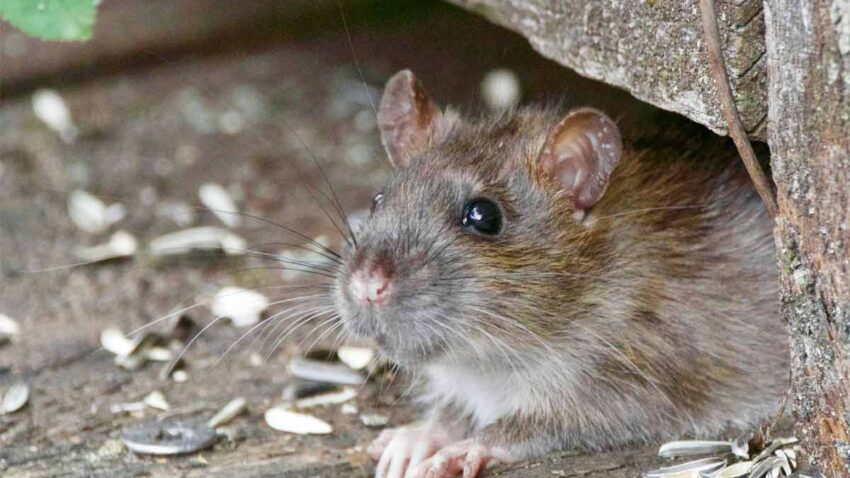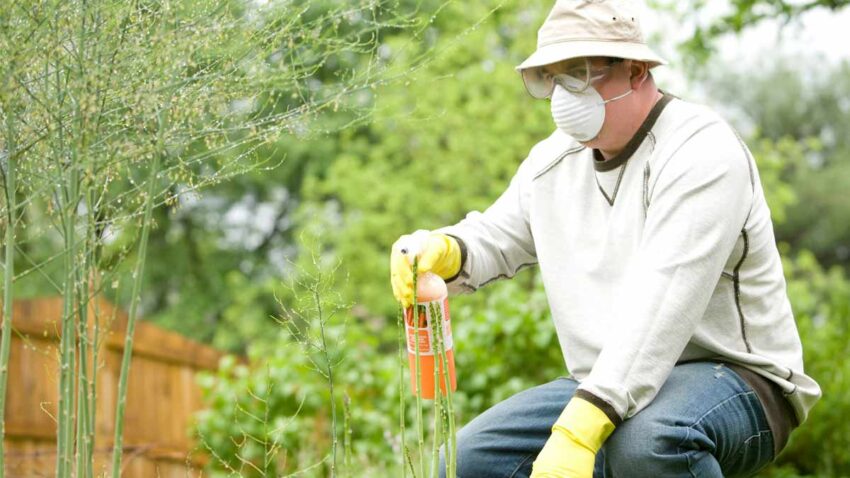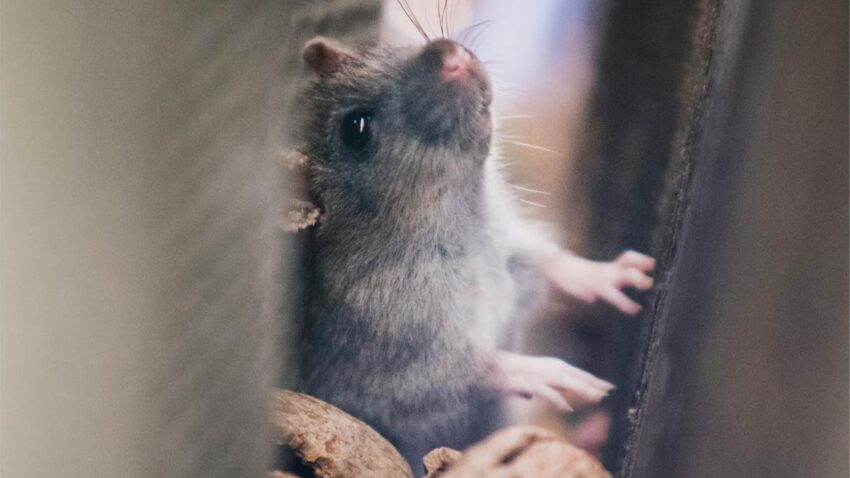Organic Pest Control
If you’re using organic methods in your garden (and I’m sure you are!) you’ve probably heard several different recommendations for getting rid of pests like slugs, aphids, and tomato hornworms. Some of these methods work perfectly, and others are just a waste of time.
Maintaining a good organic garden relies on the fact that there are absolutely no pesticides used in the process. Although pests are a nuisance, there are plenty of organic ways to control and prevent pests in your garden and ensure the growth of prosperous plants.
Preventing Pests:
- Make sure you have healthy soil and good compost. Natural compost or natural fertilizer is the best way to develop strong and healthy plants.
- Minimize the insect’s habitat. Make sure your garden is clean, with no debris or weeds. Any sort of unwanted growth/garbage in your garden could act as breeding places for insects.
- Get rid of weaker plants. If a plant doesn’t look like it’s growing, it may be infected. Even if it isn’t infected, weak plants still attract predators and insects to your garden.
- Using seaweed mulch or spray. Seaweed contains elements such as zinc, iron, barium, calcium and sulfur, which stimulate healthy development in plants. Seaweed also repels slugs.
- Keep your plants dry. Have a watering schedule so that most of the watering takes place earlier in the day, so the plants are dry most of the time. Plants that are wet encourage both insect and fungus infestations.
- Rotate crops. Insect pests are often specific to one plant. When planting for each new season, make sure to mix your plants up and rotate them. If you mix and rotate your plants each year, pests are less likely to spread throughout a crop. Re-infestation is also less likely
Controlling Pests:
- Hand-picking: It sounds tedious, but hand-picking is actually the most effective form of pest control. With hand-picking, you must closely monitor your plants and remove the insects by hand. If you have a stronger stomach, you can crush the bugs with or without gloves. You can also use cups to catch the bugs and drown them in soapy water.
- Insecticidal Soap: If your pest problem is mites or aphids, insecticidal soap is a good option. Insecticidal soap contains unsaturated fatty acids from animals that dissolve the skin of insects. You must spray the soap directly onto the insects; it has no effect once dried onto the plant.
- Oil Spray: Like insecticidal soap, oil sprays mostly control mites and aphids, but the spray also controls beetles, caterpillars and white flies. Oil sprays suffocate the pests on contact, and also control insect eggs and spores on trees.
- Bacillus Thuringiensis: Also known as BT, this is a naturally occurring bacterium found in the soil. When an insect bites something that was sprayed with BT, it stops feeding on the plant and dies within a few days. However BT can also kill helpful bugs such as butterflies, so only spray the infected plant or area. BT kills hundreds of insects, including caterpillars, cabbage loopers, tomato hornworms and cabbageworm.
- Row Covers: These translucent covers can be draped over garden patches and secured with soil, pins or bricks. Row covers let in about 80 percent of the natural light and block most mobile insects. However, for successful plant growth, they should only be used when the plants are smaller.
- Introduce beneficial insects: You can attract or buy certain insects and introduce them to your garden to eat specific insects that are damaging your crops. Lastly, whether these pest control hacks not works, you have to go with a company with certified professionals that provides a range of worthwhile Pest Control Services. Maple Pest Control is at your service if you are looking for a house to purchase. We are here to hear you. Give Us a Call: 416-520-8575


